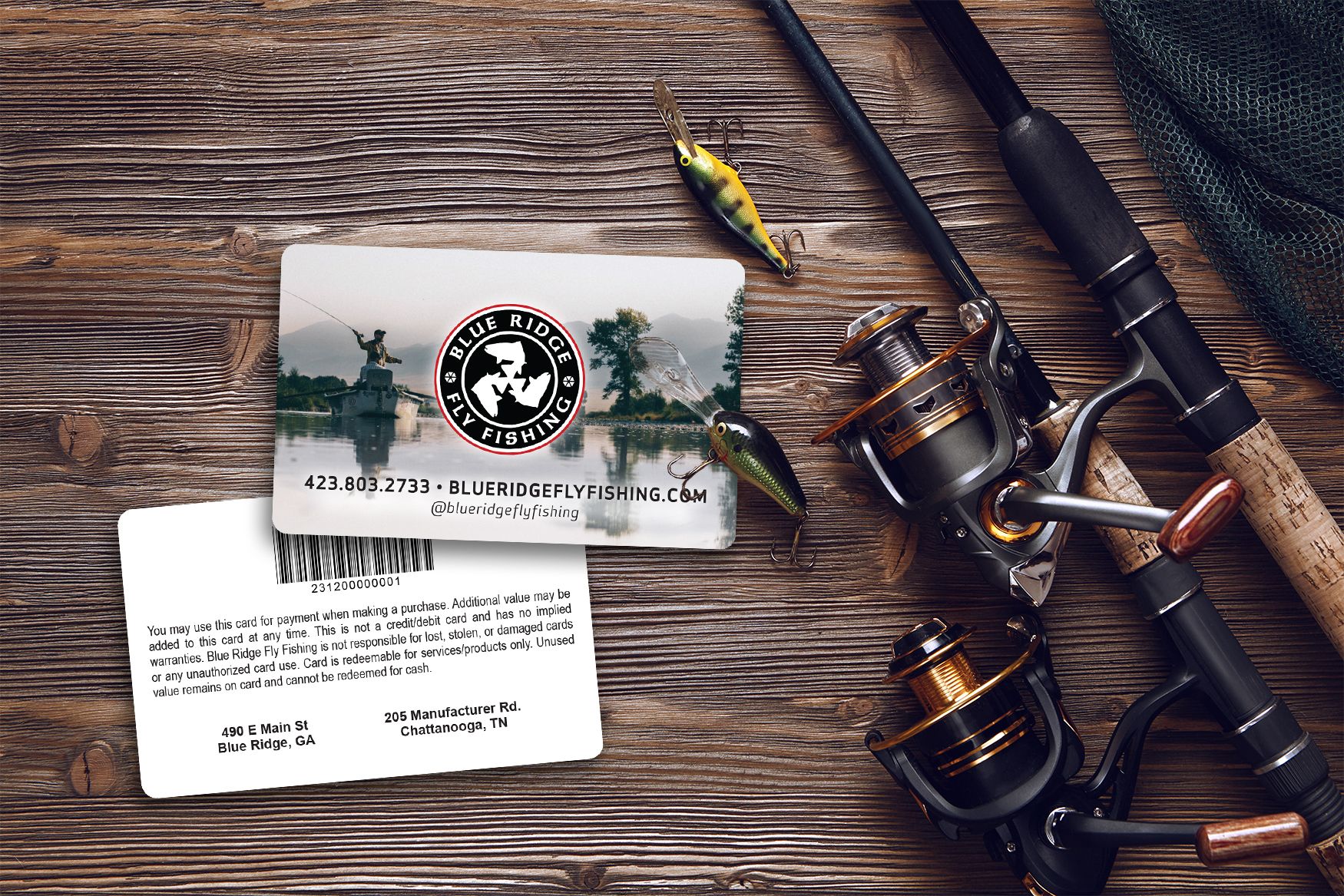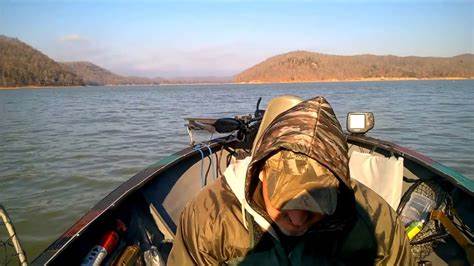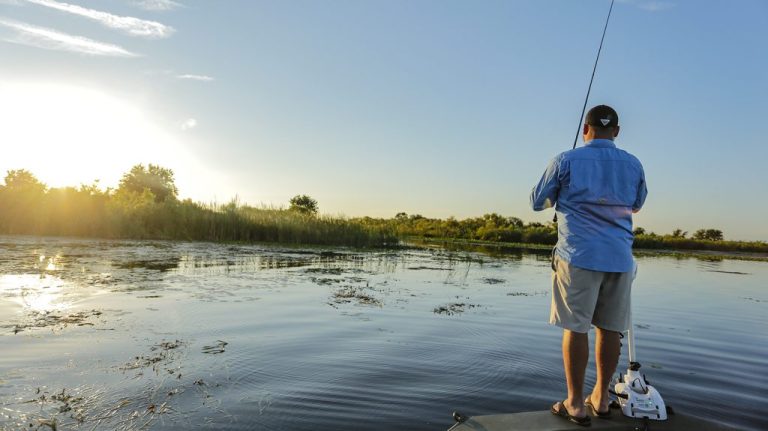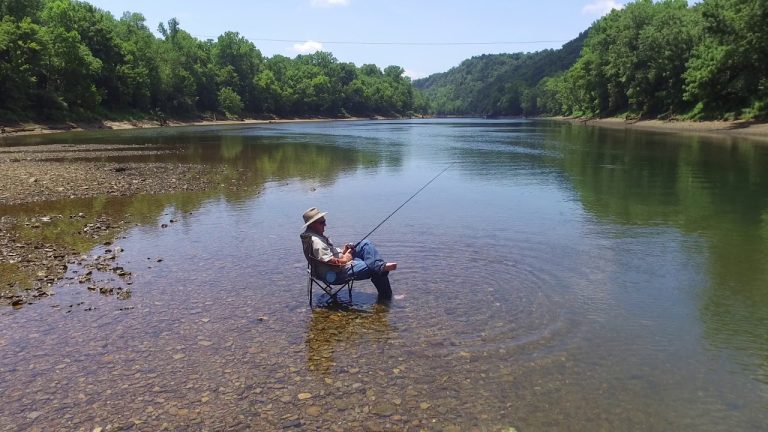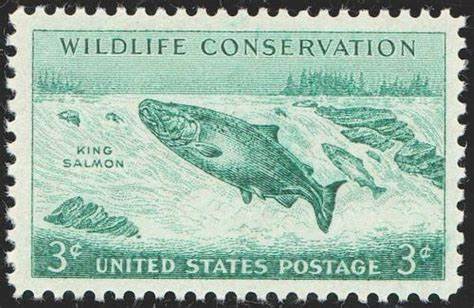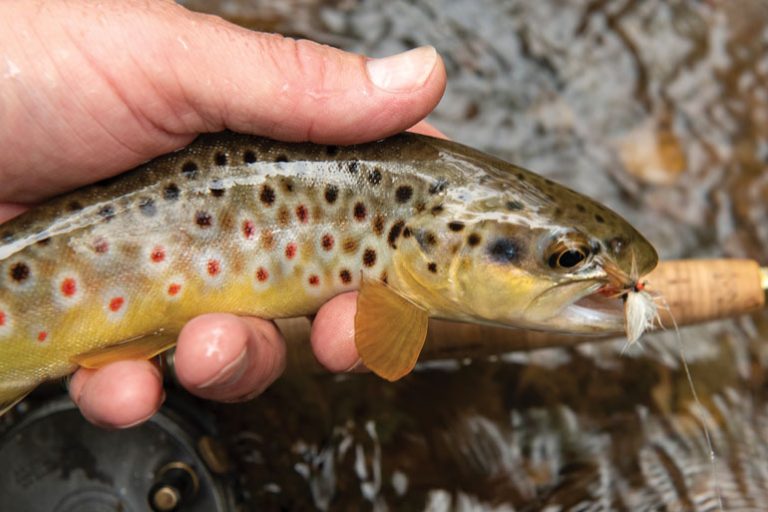Alabama offers a wealth of incredible fishing opportunities, from the Gulf Coast to the many lakes, rivers, and streams inland. However, before you cast your line, it’s essential to understand the state’s fishing license requirements, especially if you plan to fish in border waters shared with Florida, Georgia, or Tennessee. This comprehensive guide breaks down everything you need to know about Alabama’s fishing license reciprocity agreements, ensuring you stay legal and get the most out of your fishing adventures.
Understanding Fishing License Reciprocity
Fishing license reciprocity is an agreement between two or more states that allows anglers licensed in one state to fish in the other state’s waters without needing an additional license. These agreements typically only apply to specific shared bodies of water and may have certain restrictions.
Alabama currently has reciprocal fishing agreements with three bordering states: Florida, Georgia, and Tennessee. Let’s dive into the details of each agreement.
Alabama-Florida Reciprocity
Alabama and Florida’s agreement allows anglers with a valid license from either state to fish the Perdido River and Bay area along the state line, for both freshwater and saltwater fishing.
Key Points to Know:
- Regulations: Follow the regulations of the state where you are fishing.
- Exclusions: Does not include tributaries or waters not explicitly listed.
- Licensing: Must have a valid home state license and any required permits.
For more details, you can visit the Florida Fish and Wildlife Conservation Commission for information on fishing licenses in Florida.
Alabama-Georgia Reciprocity
The AL-GA agreement allows licensed anglers to fish the Chattahoochee River and its impoundments, including:
- Lake Eufaula (Walter F. George Reservoir)
- Goat Rock Lake
- Lake Harding
- Lake Oliver
- Lake Seminole
- West Point Lake (only portion south of GA Hwy 109 bridge)
Important Considerations:
- Regulations: Adhere to regulations of the state where fishing.
- Exclusions: Excludes tributaries and unlisted waters.
- Licensing: Requires a valid home state license and applicable permits.
For more information, refer to the Georgia Department of Natural Resources for fishing license details in Georgia.
Alabama-Tennessee Reciprocity
Alabama and Tennessee have a reciprocal agreement for Pickwick Lake, from Pickwick Dam upstream to TN River Mile 224.8 at Bear Creek mouth. Licensed anglers can fish these waters with just their home state license.
Key Points:
- Regulations: Follow regulations of the state where fishing.
- Exclusions: Does not include Bear Creek or Yellow Creek above Hwy 25.
- Licensing: A valid home state license and any required permits are needed.
For further details, check the Tennessee Wildlife Resources Agency for information on fishing licenses in Tennessee.
Fishing License Requirements in Alabama
For Alabama Residents
Alabama residents aged 16 and older must purchase a valid fishing license to fish public waters, with some exceptions. License options include annual, short-term, lifetime, and special licenses for disabled individuals and seniors.
Freshwater License Fees:
| License Type | Fee |
|---|---|
| Annual | $16.15 |
| 7-Day | $9.65 |
| 1-Day | $6.05 |
Saltwater License Fees:
| License Type | Fee |
|---|---|
| Annual | $23.50 |
| 7-Day | $11.20 |
| 1-Day | $10.15 |
For Non-Residents
Non-residents aged 16 and older also need a valid Alabama license to fish public waters. License fees are higher compared to residents.
Freshwater License Fees:
| License Type | Fee |
|---|---|
| Annual | $62.60 |
| 7-Day | $35.00 |
| 3-Day | $20.00 |
| 1-Day | $11.00 |
Saltwater License Fees:
| License Type | Fee |
|---|---|
| Annual | $61.35 |
| 7-Day | $33.75 |
| 3-Day | $21.00 |
| 1-Day | $11.00 |
For more information on purchasing licenses, visit the Alabama Department of Conservation and Natural Resources.
Additional Permits & Endorsements
Depending on where and what you fish for, you may need additional permits like:
- WMA License for fishing wildlife management areas
- Saltwater Angler Registration for all saltwater fishing
- Reef Fish Endorsement for reef fishing in the Gulf
- Trout Permit for fishing designated trout waters
Always check the latest requirements on the Outdoor Alabama website or consult a license agent.
Exceptions to Fishing License Requirements
There are a few exceptions to the fishing license requirements in Alabama:
- Children under the age of 16
- Alabama residents aged 65 or older (freshwater fishing only)
- Alabama residents who are permanently disabled (freshwater fishing only)
- Anglers fishing on privately owned lakes or ponds with the owner’s permission
Purchasing an Alabama Fishing License
You can purchase an Alabama fishing license through various channels:
- Online: Via the Alabama Department of Conservation and Natural Resources.
- By Phone: Call the department for assistance.
- At License Agents: Available statewide, including Walmart, Dick’s Sporting Goods, and local bait and tackle shops.
Penalties for Fishing Without a Valid License
Fishing without a valid Alabama fishing license is a violation of state law and can result in fines and other penalties. It’s essential to obtain the proper licenses and permits before fishing in Alabama waters.
Stay Legal & Enjoy the Adventure
Understanding Alabama’s reciprocal agreements is key to fishing border waters legally. Always check the current regulations for where you’ll be fishing, as rules can change.
By obtaining the proper licenses and permits, you support conservation while gaining access to Alabama’s world-class fishing. So get licensed, know the rules, and get ready for an unforgettable angling adventure in the Heart of Dixie!
Conclusion
Fishing in Alabama’s border waters can be a rewarding experience, but it’s crucial to stay informed about the state’s fishing license reciprocity agreements with Florida, Georgia, and Tennessee. By following the regulations and ensuring you have the necessary licenses and permits, you can enjoy a seamless and legal fishing adventure.
Can I fish in Alabama with a fishing license from another state?
In most cases, you cannot fish in Alabama with a fishing license from another state. However, Alabama does have reciprocal agreements with Florida, Georgia, and Tennessee for specific water bodies along the state lines. Anglers should refer to the details of these agreements to determine if their out-of-state license is valid for the specific water body they plan to fish.
Do I need a separate license for freshwater and saltwater fishing in Alabama?
Yes, Alabama requires separate licenses for freshwater and saltwater fishing. Anglers should purchase the appropriate license based on the type of fishing they plan to do.
Are there any exceptions to the fishing license requirements in Alabama?
Yes, there are a few exceptions to the fishing license requirements in Alabama. These include:
Children under the age of 16
Alabama residents aged 65 or older (freshwater fishing only)
Alabama residents who are permanently disabled (freshwater fishing only)
Anglers fishing on privately owned lakes or ponds with the owner’s permission
Can I purchase an Alabama fishing license online?
Yes, you can purchase an Alabama fishing license online through the Alabama Department of Conservation and Natural Resources website. You can also purchase licenses by phone or at various license agents throughout the state.
What happens if I fish without a valid Alabama fishing license?
Fishing without a valid Alabama fishing license is a violation of state law and can result in fines and other penalties. It’s essential to obtain the proper licenses and permits before fishing in Alabama waters.



